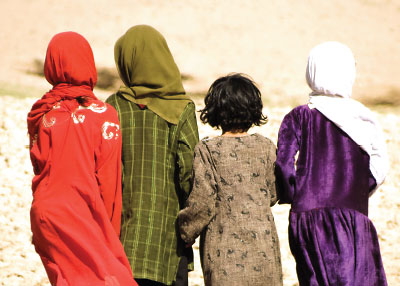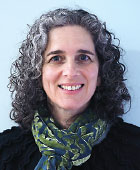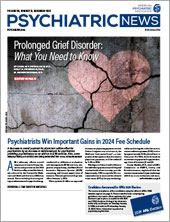“There is a desperate need for good leadership from individuals exemplary in character and quality, who will show the way toward constructive solutions, whose actions match their words.” —W. Walter Menninger, “Making the World Safe,” 1971
The abrupt U.S. withdrawal from Afghanistan in August 2021 stranded many Afghan professionals, imperiled because of their work to advance women’s rights, human rights, public health, and other principles at odds with Taliban ideology. The American public was initially horrified, and we wanted to help, but the means to assist the Afghan people seemed elusive. A few bold souls found ways to do something tangible. Below is the story of one such leader, and an appeal for others to follow her example.
When U.S. forces pulled out of Afghanistan, they left behind many Afghan allies who had worked with our government, universities, and nongovernmental organizations (NGOs, typically nonprofits delivering medical, humanitarian, or educational services). Their association with the U.S. made these allies targets of the Taliban. Many have been arrested, imprisoned, and beaten; some have been killed. One of the NGOs, the Alliance for International Women’s Rights (AIWR), provides mentorship to Afghan women professionals and to a few Afghan men whose professional focus is women’s rights. In the months following the U.S. withdrawal, the AIWR team worked around the clock to help AIWR mentees escape to safety. While most mentees are lawyers, judges, university professors, journalists, and women’s rights activists, a few are physicians. Because of licensing obstacles, it is more difficult to bring physicians here on visas than it is for other professionals. AIWR asked me to help with one family in particular, headed by two physicians. The mother, an OB-GYN and educator for a major U.S. university’s Afghan public health program, was one of AIWR’s first physician mentees.
I reached out to all the health care leaders I know and asked them to consider offering jobs to one or both parents, which would open up several visa options. The only person who replied with a job offer—two job offers, actually—is the person who knew me the least. Neill Epperson, M.D., the chair of the Department of Psychiatry at the University of Colorado Anschutz Medical Center, stepped up with two research associate positions. This was the beginning of a long, bureaucratically tangled process that culminated in two different kinds of visas, entry of half the family last September and the other half this April, a fair number of sleepless nights, and a joyful reunion. Had Dr. Epperson not offered her support, the family would still be in peril either in Afghanistan or Pakistan.
Curious about what motivated her to help me, a relative stranger, and two absolute strangers, I interviewed Dr. Epperson. She told me, “As soon as I learned about them, I couldn’t turn my back on them.” Helping this family offered a way for her to respond to anger about the loss of women’s rights in Afghanistan. It also allowed her to address symbolically her upset about loss of reproductive freedom in this country, since the OB-GYN’s public health education work included family planning education. “It was very easy to personalize.” Dr. Epperson’s ability to find meaning in this effort supported the necessary persistence to withstand the torturous pathway to success.
Quick to brush aside accolades, Dr. Epperson pointed out that it was her department’s director of finance and administration, Melissa Sinclair; human resources program director, Stacey L’Hommedieu; and the capable team at the University of Colorado’s International Student and Scholar Services, who managed most of the paperwork. She is also grateful to Chancellor Don Elliman for his outreach to the American Consulate in Islamabad when half of the family seemed stuck in Pakistan. She noted that faculty and staff engagement in this collective effort has helped foster community within the department.
Asked for her advice to others who want to help in a similar fashion, she suggested that it’s important to “trust in the process and stick with it. Ultimately, it will work out.” She added that gratitude for having had “an opportunity to do the right thing” helped her persevere. Dr. Epperson’s demonstration to her team of her devotion to the endeavor, which took a total of 18 months and four separate visa applications, was itself a form of leadership. She modeled by example the virtues of compassion, commitment to justice, and tenacious follow-through.
Socrates taught, “The greatest way to live with honor in this world is to be what we pretend to be.” It’s not enough to adhere to professional ethical principles at work. If we don’t live our entire lives in a consistently ethical manner, cracks may appear in the intersections of our personal and professional domains. Dr. Epperson is an inspirational leader; her demonstrated personal and professional ethics encourage others in her department to elevate their own ethical and humanitarian aspirations.
If you think a leader in your institution has similar vision, there are at least two other families headed by physicians whom AIWR is trying to help. Please contact me at
[email protected] for more information. ■


